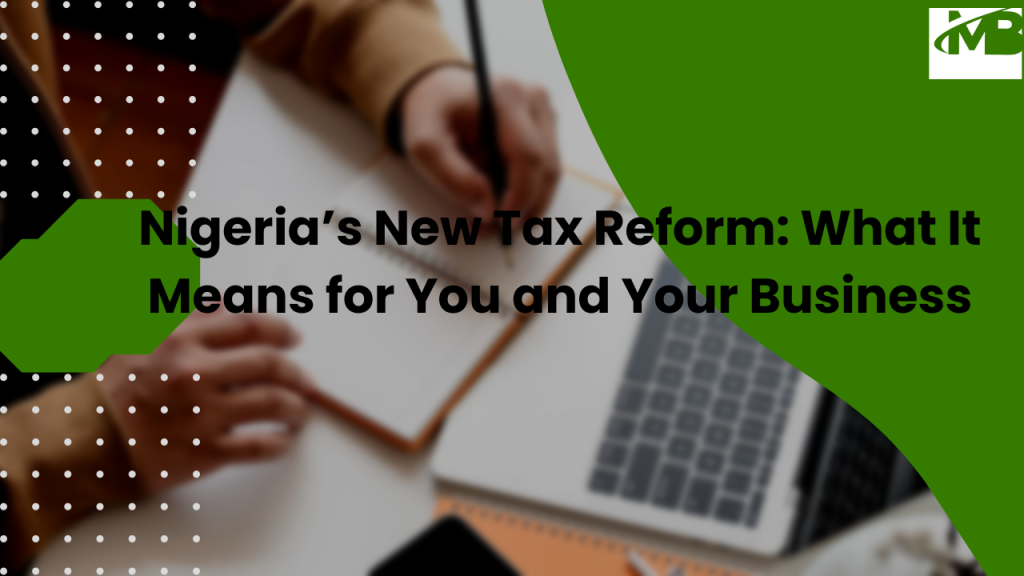
Nigeria has taken a bold step toward reshaping its tax landscape with the signing of four new finance bills into law by President Bola Tinubu. This historic reform is aimed at simplifying revenue collection, easing the tax burden on low-income earners and small businesses, and boosting government revenue through more efficient systems.
According to President Tinubu, these reforms are designed to protect vulnerable households, empower workers, and give Nigerians more disposable income. But what exactly has changed, and how does it affect individuals and businesses? Let’s break it down.
Key Highlights of the Tax Reform
-
The Nigeria Tax Act
-
Consolidates multiple small taxes into one clear, simplified code.
-
Eliminates over 50 overlapping levies, making business operations smoother.
-
-
The Tax Administration Act
-
Establishes uniform rules for tax collection across federal, state, and local governments.
-
-
The Nigeria Revenue Service (NRS) Act
-
Replaces the Federal Inland Revenue Service (FIRS) with a new, independent Nigeria Revenue Service.
-
-
The Joint Revenue Board Act
-
Strengthens cooperation between different levels of government.
-
Introduces a Tax Ombudsman and Appeal Tribunal to resolve disputes faster.
-
What This Means for Nigerians
. Relief for Low-Income Earners
-
Nigerians earning up to ₦1 million annually will now enjoy a ₦200,000 rent relief deduction, lowering taxable income to ₦800,000 — effectively exempting them from personal income tax.
. Everyday Essentials are Tax-Free
-
No VAT will be charged on key goods and services such as:
-
Food
-
Healthcare
-
Education
-
Rent
-
Power supply
-
Baby products
-
. Small Business Support
-
Businesses with an annual turnover below ₦50 million are now exempt from Company Income Tax (CIT).
-
Filing requirements are also simplified — no audited accounts needed.
. Big Business Benefits Too
-
Corporate tax rates reduced:
-
From 30% to 27.5% in 2025
-
To 25% in subsequent years
-
-
Businesses can now claim tax credits on VAT paid for expenses and assets.
. Special Incentives
-
Charities, co-operatives, educational institutions, and religious organisations are tax-exempt as long as their income is not commercially driven.
Why This Matters
This reform represents more than just new tax rules. It’s about:
-
Creating fairness by reducing the load on low-income earners.
-
Encouraging business growth by supporting MSMEs and large corporations.
-
Boosting Nigeria’s economy through efficient tax collection.
At Marbcorporate, we understand that tax compliance can feel overwhelming. That’s why we’re here to guide individuals, SMEs, and corporations through these new changes — from tax advisory to CAC registration and corporate structuring.
Need Guidance on the New Tax Laws?
📞 Call/WhatsApp: 08070734839
📧 Email: info@marbcorporate.com.ng
🌐 Website: www.marbcorporate.com.ng
📸 Instagram: @marbcorporate
.. Don’t get lost in the new tax landscape. Partner with Marbcorporate today and stay ahead.
